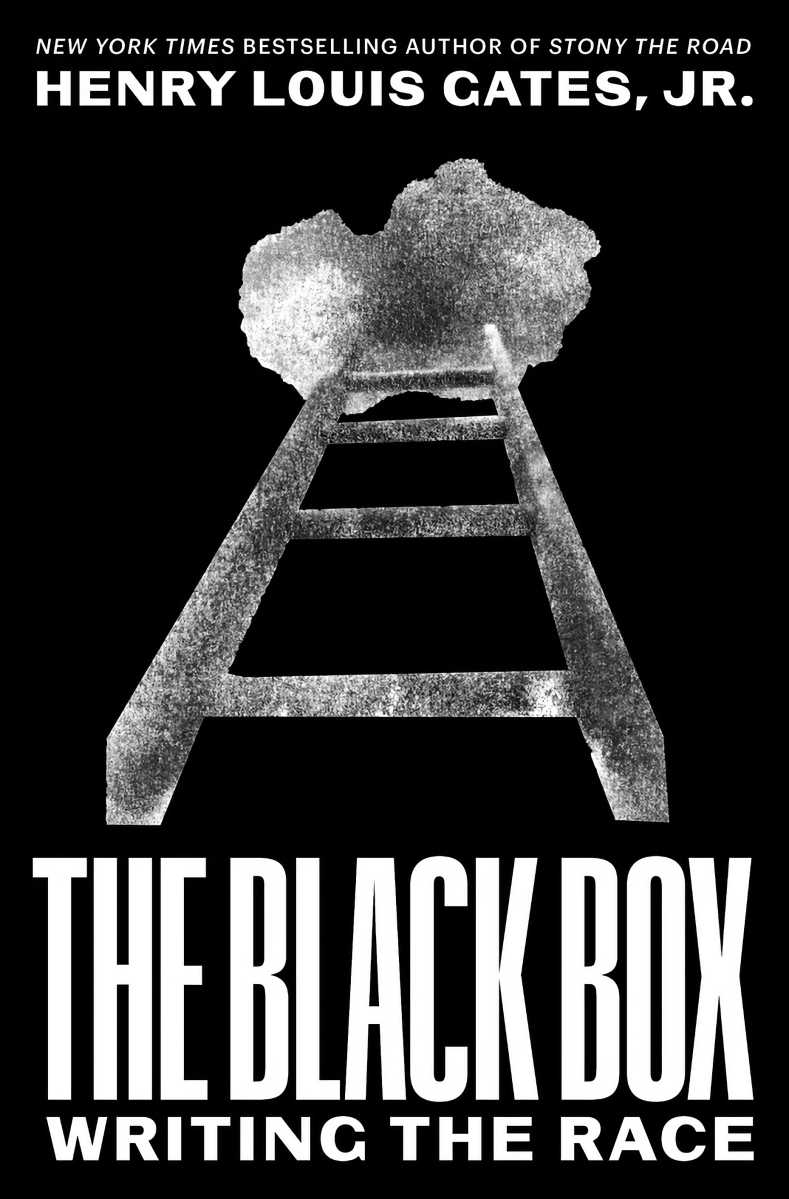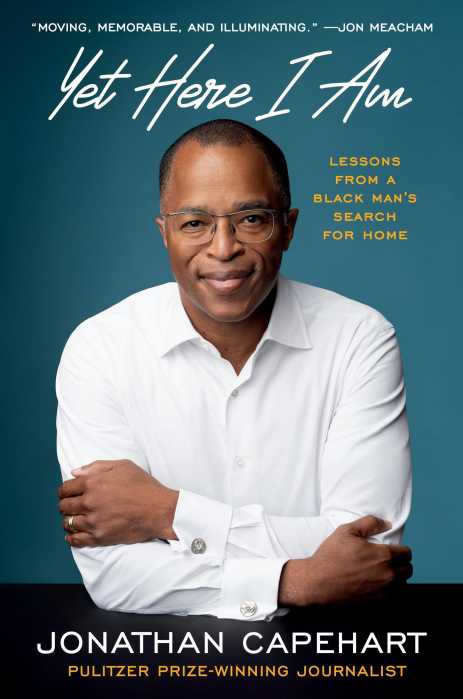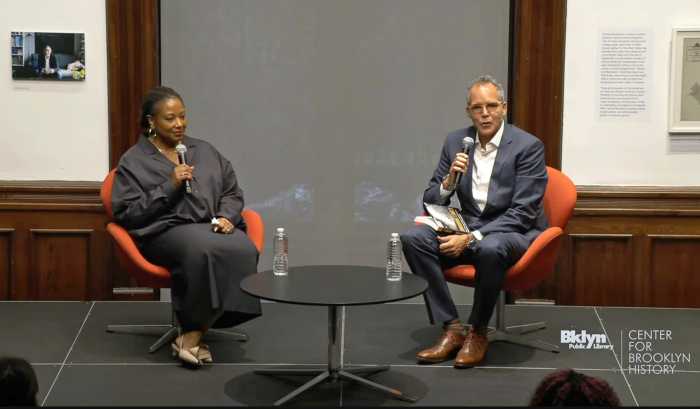“The Black Box: Writing the Race” by Henry Louis Gates, Jr.
c.2024,
Penguin Press
$30.00
262 pages
These days, everybody’s got a label maker.
The color of your skin? Punch out a label. The texture of your hair? Punch out a label. The way you walk, talk, or the things you like? No, you know who you are, no labels necessary. Still, as you’ll see in the new book “The Black Box” by Henry Louis Gates, Jr., there was a time when the issue wasn’t quite as clear.
Nearly ten years ago, when his granddaughter was born, Henry Louis Gates, Jr. asked his son-in-law about “the box.” The child, Gates, Jr. says, is “87.5 percent European” and looks white, but her parents checked a box on her birth certificate to indicate that she is “Black.”
“Such is the absurdity of the history of race and racial designations in the United States of America…” he says.
And it’s been that way since the beginning.
Purchased by a Boston merchant upon her arrival in 1761, Phillis Wheatley was taught to read and later, she learned to write poetry. In 1772, her owners endeavored to publish a book of her words but most white people refused to believe that a Black person could write at all, let alone such moving poetry.
One of those white people was Thomas Jefferson, who believed that skin tone mattered in “character, intelligence, and culture.”
Says Gates, Jr., “Black people fought back…by creating their own genre of literature…” and more than a hundred of them wrote “book-length slave narratives.” Some even went on to lecture about ending slavery. Later, “Black intellectuals” wrote about and discussed the ideas of colonization and emigration. Others wondered publicly what to “call the race” – Black, Afro-American, Negroes, “colored,” or something else?
By the early 1900s, Gates, Jr. says, “art forms were classed” and Black culture had taken a turn toward “politics of disrespectability” that white people weren’t supposed to hear or see. This later led to hip-hop, and the works of Alice Walker, Toni Morrison, and “the pioneers of the Black women’s literary movement…”
Sit down with “The Black Box,” and you’re going to be there awhile. This isn’t, in other words, a meaningless novel that you’re going to forget in two weeks; no, it’s something that you’ll need time to digest, that’ll make you think, and that you’ll want to discuss.
With a quick reminder of how the struggle to read and write began with the denial of both, author Henry Louis Gates, Jr. takes readers on a journey to show how the written word was crucial in the resistance to slavery and the formation of culture. This leads to a fascinating discovery of how Black community historically diverged from white America, especially in the Victorian Age, and how identity figured into it. Readers will also delight in seeing how quietly-created (and quietly public) early-twentieth-century language and writing created today’s various genres in literature and music.
“The Black Box” takes a deep dive into its subject, so be prepared to ponder. Casual truly doesn’t describe it; in fact, involved would be a more proper label.


























